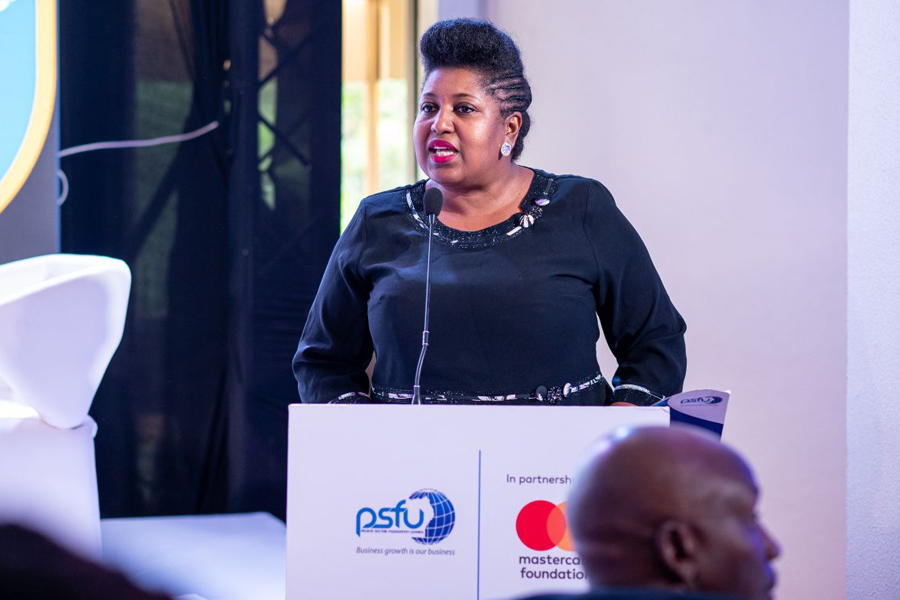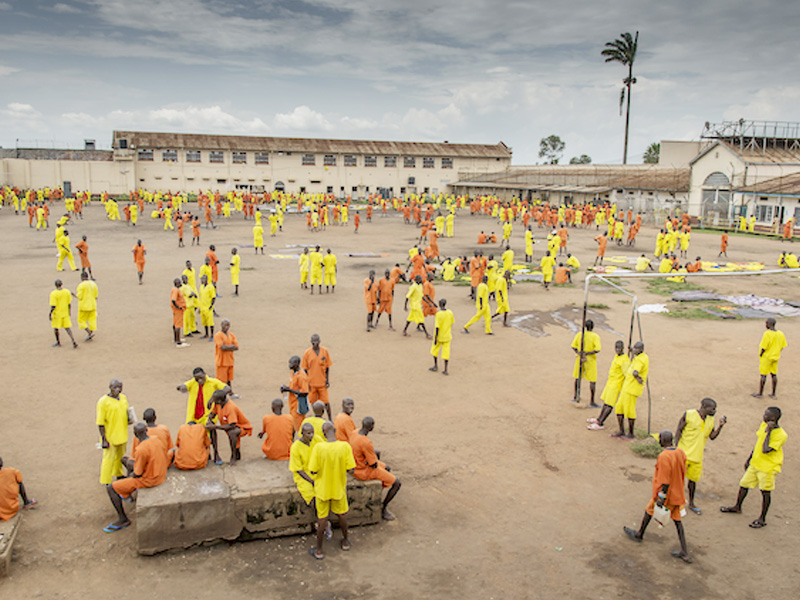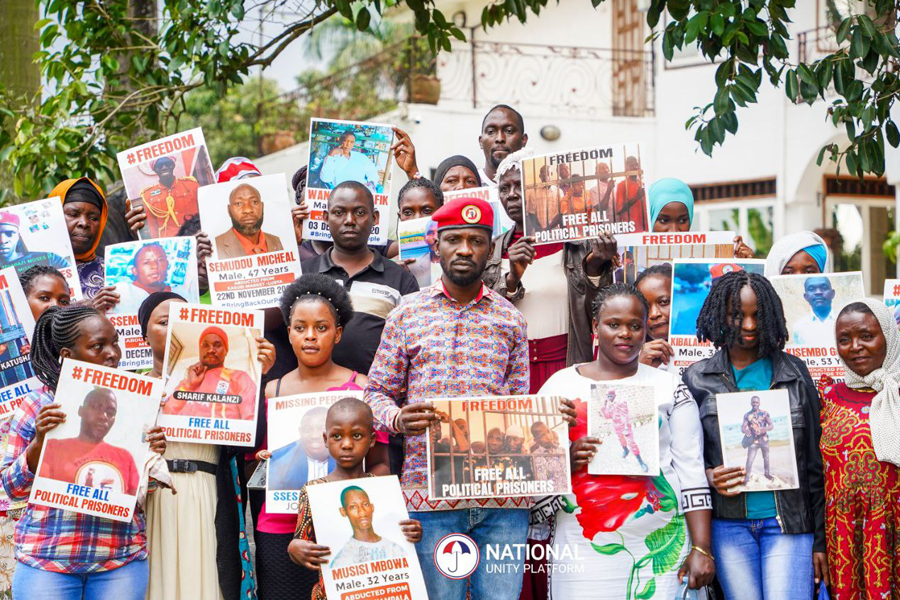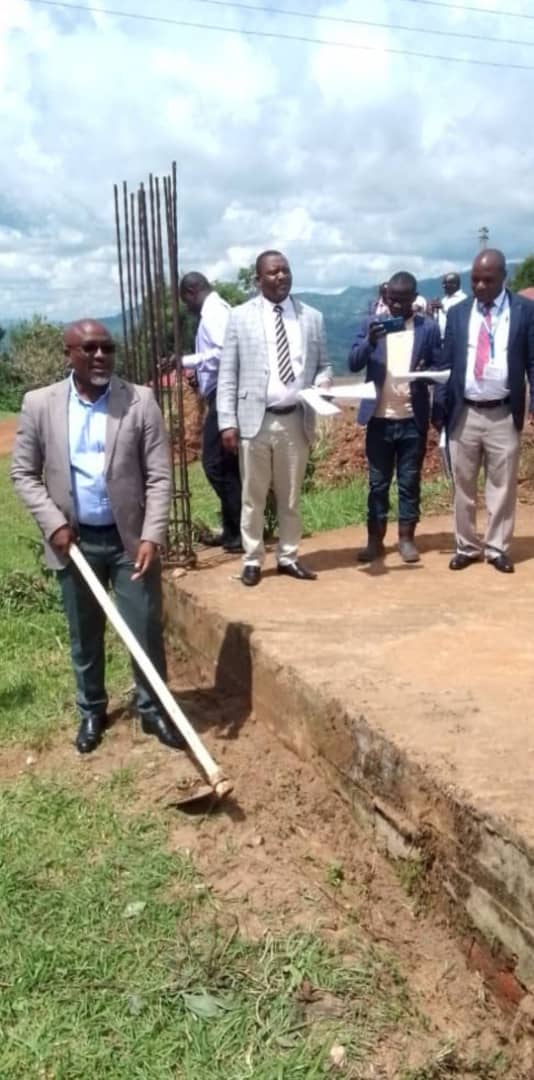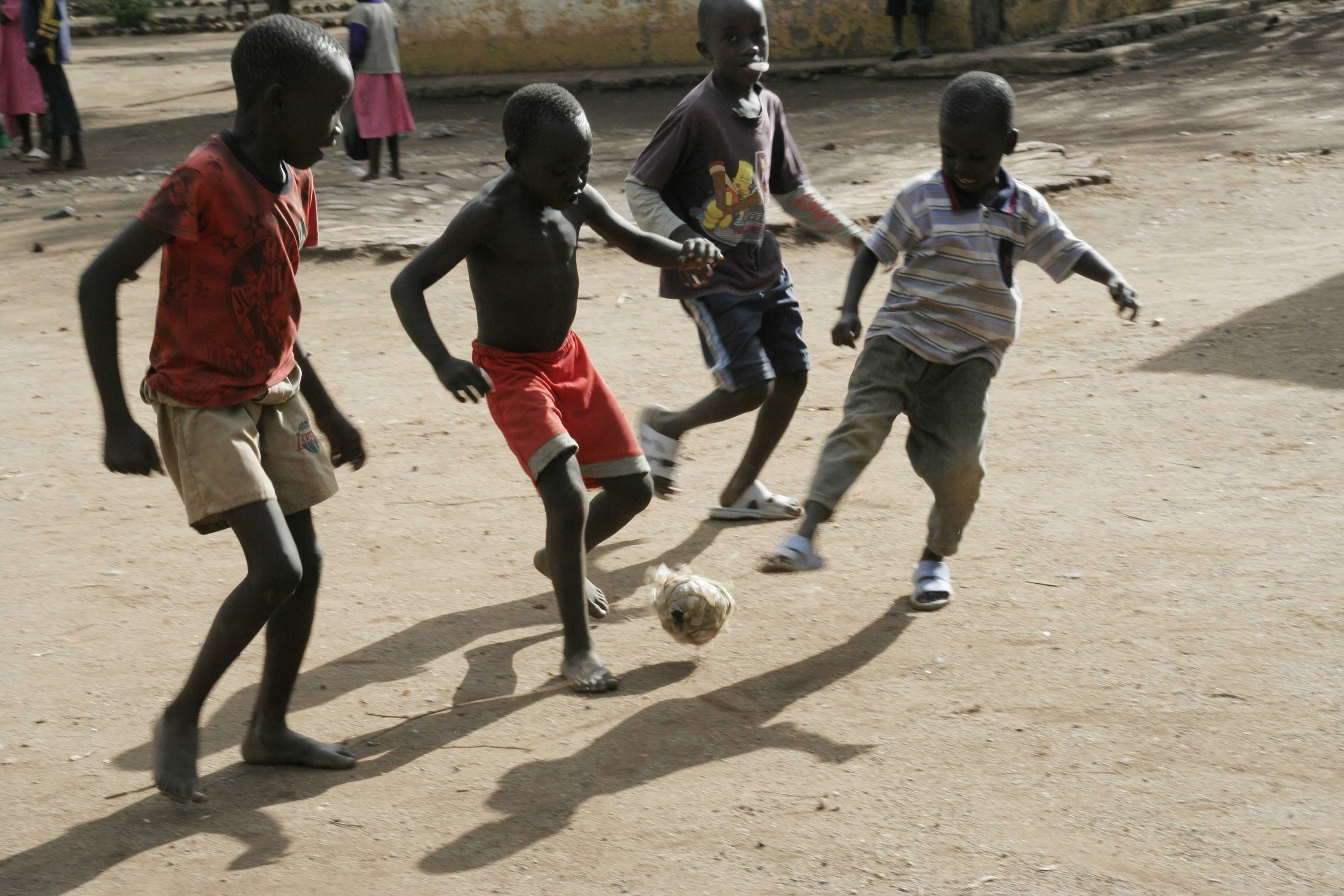CSOs ask for EAC intervention to avoid repeat of the Uganda- Rwanda border closure
Civil society organisations have asked the East Africa Community to intervene and find a lasting solution to the bickering between Uganda to avoid a repeat of the closure of the border between the two countries which has had far reaching consequences.
Earlier this week, Rwanda announced the official reopening of their border with Uganda which has been closed for over three years after relations between the two neighboring countries turned cold for over six years.
Keep Reading
- > PPDA asks districts to use use alternative procurement processes to avoid returning money to consolidated fund
- > Uganda to introduce national children play day
- > Review courses before licencing universities, Tayebwa asks gov't
- > Minister Among calls for social protection for workers in informal sector
The frost relations have been characterized by counter accusations by both sides.
Addressing journalists on Wednesday, Sheila Kawamara-Mishambi, the Executive Director for the Eastern African Sub-regional Support Initiative for the Advancement of Women (EASSI) said contrary to the provisions of the treaty for the establishment of the East African Community, Rwanda arbitrarily closed its border posts with Uganda and the same has affected a number of people.
“The three-year border closure has had far reaching economic challenges on cross border traders, Micro, Small and Medium Enterprises, and farmers who majorly depended on trade through Cyanika and Katuna border. There have been financial losses incurred by the two governments, the Local government Authorities, women cross border traders, transporters, landlords, clearing agents, school owners, restaurants, lodging services operators and sex workers,”Kawamara Mishambi said.
There has also been dislocation of families especially those that are situated astride the border posts. The strained relations between Rwanda and Uganda severely disrupted and affected trade between the two EAC member states.”
She noted that Uganda’s exports to Rwanda dropped significantly due to the border closure.
“Following the border closure, Uganda’s exports to Rwanda dropped to a paltry $2 million as of 2020. The women cross border traders at Katuna and Mirama Hills Border, who are beneficiaries ofprogrammes run by the Eastern African Sub-Regional Support Initiative for the Advancement of Women (EASSI) at 20 other borders in Eastern Africa, have suffered immensely since they are dependent on the border businesses for their livelihoods. The closure of the border denied them the right to engage in gainful employment; curtailed their right to freedom of movement and broadly affected their livelihoods, economic and social wellbeing,” she said.
“While we note that the small and medium scale traders located at the border crossing points were advised by the Ugandan Ministry of Trade to relocate their businesses to other borders, this was impossible given their immobility in terms of business operations.”
Jane Nalunga, the Executive Director for Southern and Eastern Africa Trade Information and Negotiations Institute (SEATINI) said as the cold war between the two neighbouring countries raged on, it was reduced to be merely between the two presidents Yoweri Museveni and Paul Kagame.
“The matter was relegated to two countries of Uganda and Rwanda as well as their two leaders. Others East African Community countries including Kenya, Tanzania, South Sudan and Burundi turned a blind eye on the closure. Infact, individual leaders of Congo and Angola have played a more active role in engaging Uganda and Rwanda towards resolving the tensions between the two EAC partner states than the EAC Secretariat,” Nalunga said.
“Such a state of affairs means the closure can happen again any time since there was no intervention by the East African Community.”
Call
The CSOs however asked that the East African Community ought to come up with a lasting solution to such disputes which violate the treaty for the formation of the regional body.
“There is need for the review of the EAC Treaty in order to put in place a dedicated and robust body for the settlement of trade and investment related disputes among partner states and to effectively eliminate Non-Tarrif barriers,” Nalunga said.
The CSOs also urged both governments to fast track the institutionalization and implementation of protocols for the free movement of persons across the re-opened border, including fair protocols for management of COVID-19.
They also asked the East African Court of Justice to expedite hearing and determination of their cases against the governments of Rwanda and Uganda in which they want court to order for an audit of effect the closure on the citizens of both countries but also ask for a compensation of all those who have incurred losses








